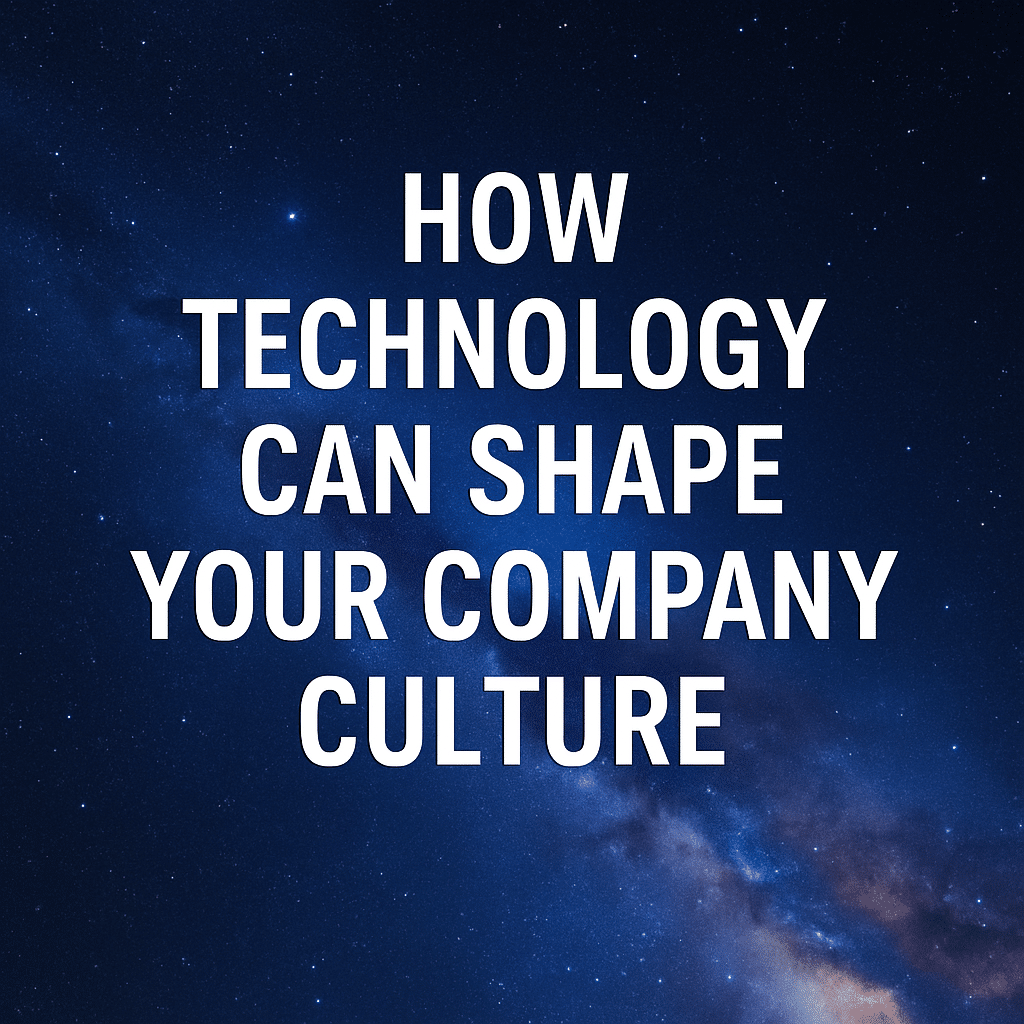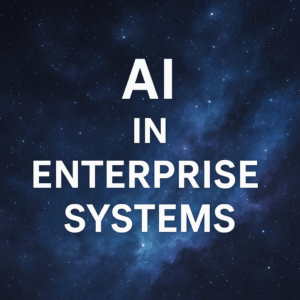When most companies start a digital transformation, their focus is usually on upgrading outdated systems, scaling operations, or boosting productivity. But what often gets overlooked is how those very systems influence your company’s culture.
At Third Stage Consulting, we’ve worked with organizations around the world to help them rethink not only how their technology works—but how it shapes the way people work. Culture is rarely the top priority in these initiatives, but it’s one of the most powerful forces at play. Whether you want to drive innovation, increase collaboration, or simply attract and retain the next generation of talent, your technology stack will either support that goal—or undermine it.
So how exactly does technology influence company culture?
Let’s break it down.
Table of Contents
ToggleStart With Who You Are—And Where You’re Headed
Before looking at how technology can change culture, it’s important to recognize how your existing culture might impact your technology choices.
If your organization is highly risk-averse and hierarchical, selecting bleeding-edge tools that require agile thinking and constant iteration might create friction. On the flip side, if you’re a fast-moving, innovation-driven company, legacy platforms and rigid ERP systems might hold you back.
Pro tip: Align your tech roadmap with the culture you have today—but build toward the one you want tomorrow. Technology should evolve with your organization, not outpace its ability to adapt.
1. Technology Creates Standardization—and Shared Identity
Standardization isn’t just a process improvement play—it’s a cultural one.
When people across departments use the same workflows, dashboards, and systems, they begin to operate from a shared playbook. That kind of alignment:
- Reduces chaos as the company scales
- Builds cross-functional understanding
- Reinforces company-wide best practices
If your company has grown quickly or through acquisition, technology can be the thread that weaves disparate teams into a unified culture.
2. Collaboration Comes from Visibility
Modern platforms like ERP, CRM, and HCM systems allow for cross-functional visibility that wasn’t possible with disconnected spreadsheets and siloed tools.
Imagine a customer service rep who can see real-time inventory from the production team, or a finance manager who instantly understands a sales team’s pipeline. That kind of access changes how people collaborate, and ultimately, how they relate to their coworkers.
Less duplication. Fewer dropped balls. More ownership. Better culture.
3. Innovation Becomes the Norm (Not the Fire Drill)
Outdated systems keep teams stuck in firefighting mode. Reporting takes hours. Data is outdated or inaccurate. Strategic thinking? There’s no time.
With modern technology:
- Manual tasks are automated
- Clean data is centralized
- Dashboards provide real-time insight
That shift frees up time and mental space for employees to think ahead, spot opportunities, and bring ideas to the table. You’re not just making people more efficient—you’re making them more innovative.
4. It Refocuses Teams on Customer Experience
Digital transformation can (and should) improve the end-user experience—and not just for internal teams.
When systems are integrated and responsive:
- Orders are fulfilled faster
- Customers get real-time updates
- Service teams can resolve issues proactively
Whether you’re in the private sector serving paying customers or the public sector serving constituents, new technology can signal a culture shift that says: “We’re here to serve better.”
5. It Improves the Employee Experience, Too
Culture isn’t just about mission statements—it’s about how your people experience their jobs every day.
Modern, intuitive platforms:
- Reduce frustration and complexity
- Support hybrid and remote work
- Align with how younger talent expects to work
Ask yourself: are you onboarding new employees into a modern digital environment—or dragging them into the past with green screens and clunky workarounds?
Investing in better tools is an investment in your people. That is culture.
Final Thoughts: Tech Isn’t Just a Tool—It’s a Cultural Lever
Digital transformation is often positioned as a way to do more, faster. But if you’re not thinking about how your tech choices will impact how your people work together, you’re missing the bigger opportunity.
So don’t just ask, “What features do we need?”
Ask, “What kind of company do we want to be?”—and let your technology reflect that answer.
Learn More About the Human Side of Transformation
Don’t forget to join us at Stratosphere 2025—a premier event for transformation leaders and innovators. Whether you’re attending virtually or in Denver, you’ll walk away with insights to help your tech projects succeed without losing your people in the process.






